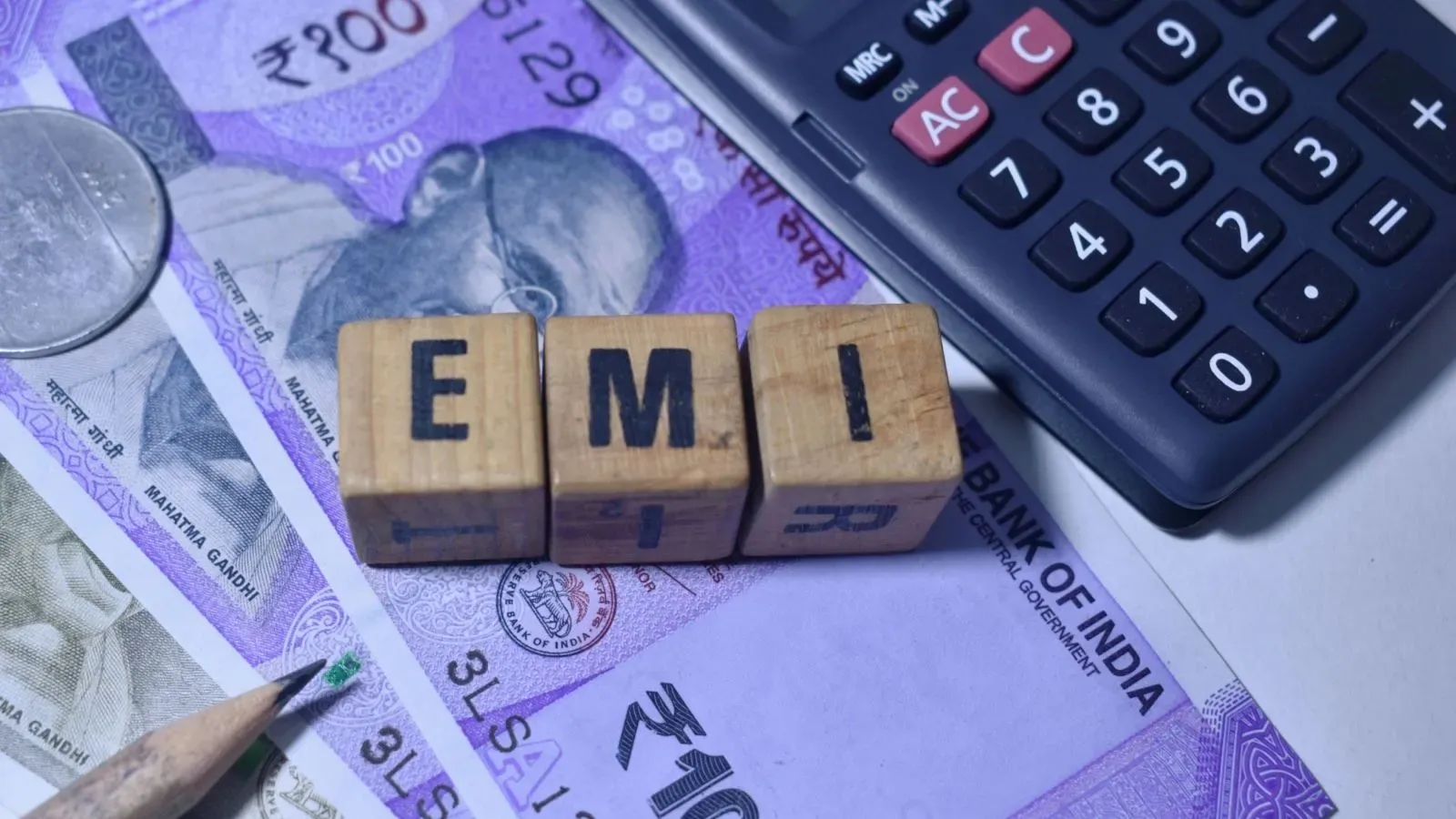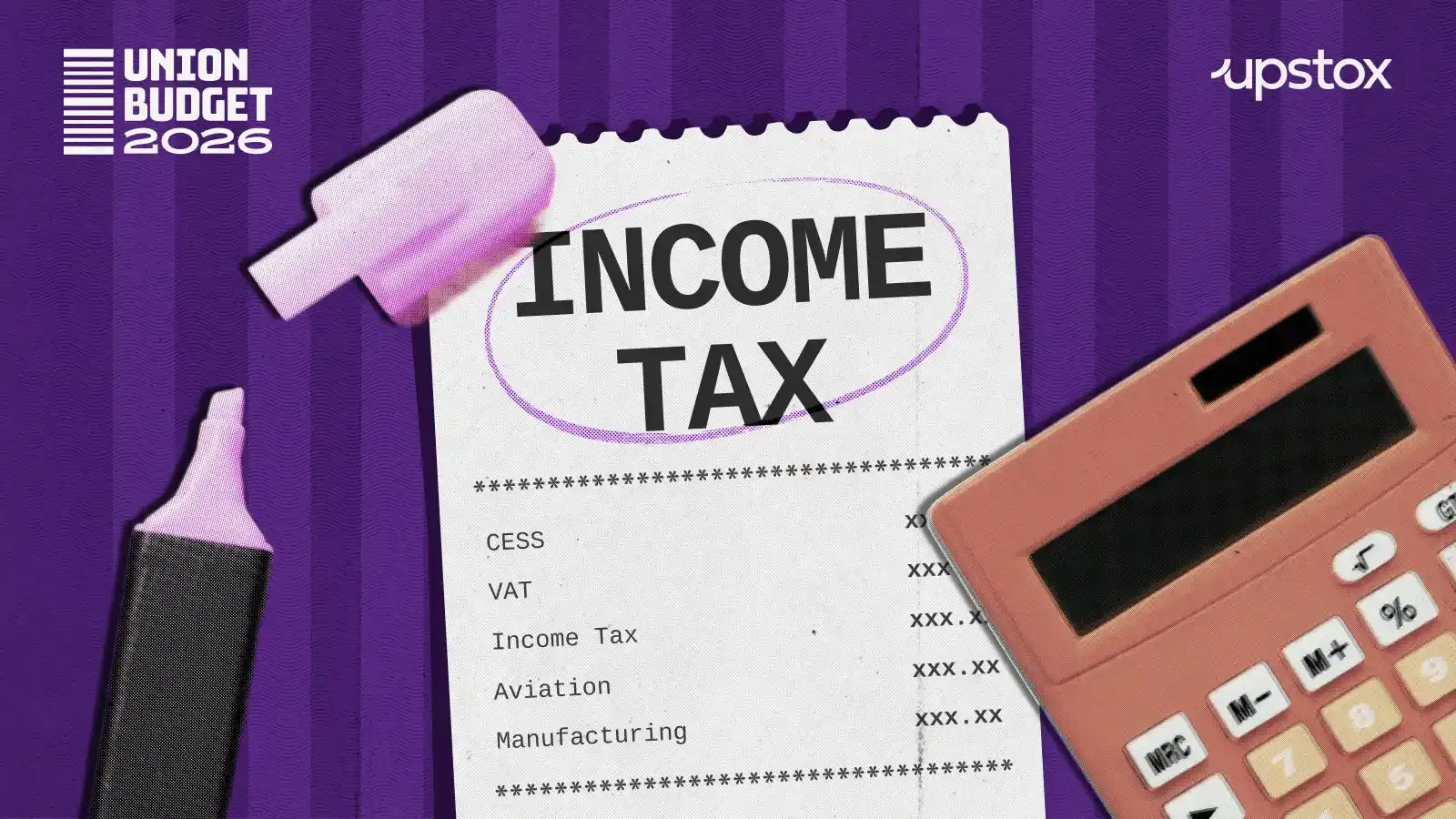Personal Finance News
Property registration FAQs: Buying land, flat, villa, or an independent house? Lawyers answer

8 min read | Updated on June 28, 2025, 08:32 IST
SUMMARY
Legal experts believe the recent SC judgment on property registrations can have wider implications for homebuyers. Even the existing owners may face challenges to their title if any historical transfer was not legally executed.

New property buyers must undertake enhanced due diligence, say experts. | Image source: Shutterstock
You may not be automatically recognised as the legal owner of a property solely because it is registered in your name. The underlying documents that serve as the basis for registration must also be legally valid for you to be considered the rightful owner, according to a recent judgement of the Supreme Court in Mahnoor Fatima Imran vs Visweswara Infrastructure Pvt. Ltd. dated May 7, 2025.
The case involved a complex web of property transactions involving substantial land holdings in the Rangareddy district of Telangana.
Legal experts believe the judgment can have wider implications for homebuyers. Even the existing owners may face challenges to their title if any historical transfer was not legally executed.
According to Dr. Richa Mehtha, Partner, Gandhi Law Associates, the judgment has reaffirmed the well-settled legal position that transfer of title in immovable property must be effected through a duly executed and registered sale deed, as per the provisions of the Transfer of Property Act, 1882, and the Registration Act, 1908.
However, the apex court has also clarified that registration alone does not constitute conclusive proof of ownership.
“Title must be established through a combination of lawful documentation and corroborative evidence, including but not limited to chain of title, mutation entries, and actual lawful possession," said Mehtha.
To help you fully comprehend the implications of the case, we talked to three lawyers and summarised their answers in the following frequently asked questions (FAQs):
What are the implications of the judgment for existing property owners (including land, flat, and independent houses)?
Sonal Alagh, Partner, Alagh & Kapoor Law Offices, said, "Current owners may face challenges to title if any historical transfer was unregistered, lacked proper execution, or involved a defective transferor."
To avoid any trouble, Harsh Khabar, Advocate, Delhi High Court, suggested, "Property owners must know that a registered title deed is not an absolute proof of title if the title of the vendor in itself is suspected."
According to Alagh, the Supreme Court judgment has clarified that a registered document alone does not confer legal ownership.
"This reaffirms the principle under Section 17 of the Registration Act, 1908, which mandates registration for instruments affecting immovable property, but does not by itself vest title unless the underlying title is valid," said Alagh.
Under Section 54 of the Transfer of Property Act, 1882, ownership of an immovable property worth more than ₹100 can only be transferred through a registered instrument.
However, if a prior link in the title chain is flawed, such as a past unregistered sale, then even a registered transaction may be defective in law.
Can you rely on General Power of Attorney, Agreement to Sell, or Will?
Mehtha said, "Any reliance on informal or surrogate modes of conveyance, such as General Power of Attorney, Agreement to Sell, or Will, is insufficient to confer ownership."
The apex court asserted that no transaction involving immovable property can be treated as complete or legally sound in the absence of a validly executed and registered sale deed.
What should new buyers planning to book a land, flat, or house do?
New buyers must undertake enhanced due diligence. They should refrain from acquiring property if there is any hint of prior unregistered or irregular agreements.
Alagh shared the following implications of the judgment that prospective buyers should take note of:
-
Buyers can no longer rely solely on registration as proof of ownership.
-
They must verify that every prior transaction, from allotment to transfer, is duly registered and legally valid.
-
Booking a flat based on a builder’s allotment letter or agreement to sell (especially unregistered agreements under Section 53A) does not create ownership.
-
Buyers must also scrutinise if there’s valid possession, title, and mutation in revenue/municipal records.
Mehtha suggested that new buyers should conduct a thorough verification of the property's title by examining the entire chain of title documents, including previously registered sale deeds, revenue records, sanctioned plans, and all requisite government approvals.
"Due diligence must not be treated as a mere formality. It should be carried out with rigor by competent and experienced legal practitioners," he said.
Does possession of a property make a person its legal owner?
According to Mehtha, the top court has categorically held that mere possession, if not legally derived, does not entitle a person to seek protection from dispossession under Article 226 of the Constitution.
"Therefore, possession must be backed by a legally cognizable right to qualify for constitutional remedies," he said.
Does a person become the owner of a property if it is registered in his/her name?
Mere registration cannot grant validity to the previous title, which can be suspected.
"Registered fraudulent transactions don’t cease to be fraudulent," said Khabar.
Alagh said that registration under Section 17 of the Registration Act, 1908 is only a procedural step, not a conclusive proof of ownership.
What is required for legal ownership of a property?
Legal ownership flows from the following:
- A valid transaction under Sections 54 (sale), 118 (gift), 105 (lease), or 122 (exchange) of the Transfer of Property Act.
- A clear, unbroken chain of title from a rightful owner.
- Compliance with all applicable local laws, such as land ceiling or zoning norms.
"A person becomes the lawful owner only if the transferor had a valid title and the transaction itself complied with all legal formalities," said Alagh.
What are the conditions in which a person can be sure of being treated as the legal owner of a property?
A person can be recognised as the legal owner when the following legal conditions are met:
- The sale deed or transfer deed is validly executed and registered under Section 17, Registration Act, 1908.
- The seller has a marketable title, traceable through prior registered instruments.
- The property is free of encumbrances (proven via Encumbrance Certificate under Rule 55 of Registration Rules).
- Mutation is reflected in revenue or municipal records (showing beneficial ownership).
- Compliance with local building laws and RERA registration (if applicable to flats or under-construction projects).
- If inherited, proper succession documents like a Will, Succession Certificate, or Letter of Administration under the Indian Succession Act, 1925 are available.
"It is essential to have a registered sales deed or conveyance with a vendor whose title is legally clear of any problems. The property should also be free from any government vesting under land ceiling laws and any other legal problems," said Khabar.
What are the conditions in which a person cannot be treated as the legal owner of a property?
According to Alagh, ownership may be legally invalid if:
-
The deed is based on an unregistered sale agreement, which has no evidentiary value in property transfer, as per Section 54, Transfer of Property Act.
-
The person is in mere possession under Section 53A (doctrine of part performance) without title—such possession can be protected but does not confer ownership.
-
The title documents are forged or involve a fraudulent transfer.
-
The property is under litigation or encumbered (e.g., attached under Section 281 of the Income Tax Act or subject to a charge under SARFAESI Act).
-
Mutation is not done, leading to discrepancies in revenue or municipal records.
What are the precautions homebuyers should take to avoid any fraud related to property or home ownership?
Experts said that buyers should:
- Obtain a title search report covering at least 30 years, verifying registration and legal validity of each link in the chain.
- Check Encumbrance Certificate (EC) for the last 15 years from the sub-registrar’s office.
- Insist on a certified copy of the registered sale deed and the mother deed.
- Confirm mutation entry in municipal or revenue records.
- Verify approvals from RERA, building plans sanctioned by municipal authorities, and the occupancy certificate.
- Where a loan is involved, ask for a No Dues Certificate from previous lenders.
- Engaging a real estate lawyer to conduct due diligence under applicable state laws, including Stamp Act compliance, is highly recommended.
What are the documents homebuyers must verify before buying a property?
Buyers should verify the following essential documents:
- Registered Sale Deed executed and registered under Section 17 of the Registration Act.
- Title Deed / Mother Deed, which establishes ownership history.
- Encumbrance Certificate (Form 15/16), which indicates if the property is mortgaged or under legal claim.
- Mutation certificate, which records a change in ownership in revenue records.
- Property tax receipts, which show municipal dues are paid.
- Possession Letter / Allotment Letter, where applicable.
- Occupancy Certificate, which is post-construction approval under local building byelaws.
- RERA Certificate
What would be the best way to verify property documents?
Verification should be done through:
- Sub-Registrar’s Office for registration and EC.
- Revenue Department for mutation records.
- Municipal Body for building approvals.
- Legal verification by an advocate with specialization in property law.
Related News
By signing up you agree to Upstox’s Terms & Conditions
About The Author
Next Story




